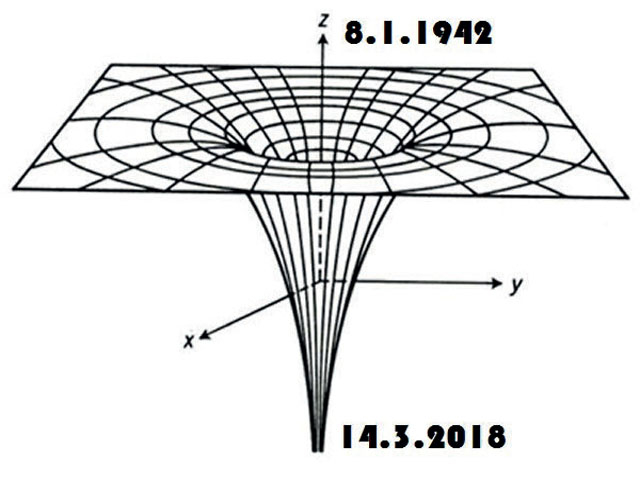Singularities
Hawking's efforts to comprehend the ramifications of the incredibly dense black hole centers are a significant part of his legacy. It is predicted that a gravitational singularity, or point of infinite density, can be found inside one.
Hawking's work, along with that of Roger Penrose, has influenced how we think about black holes and even the origins of the Big Bang. The widespread belief that all the matter in our universe can be condensed into one point is in part due to Hawking's vast work, despite the fact that the genesis of our universe is still hotly contested and the quantum specifics are fairly complex.
The Hawking Singularity Theorem extended to this by suggesting that when matter is forcibly compressed to a point, the laws governing matter can disintegrate, leading to a space-like singularity. Hawking argued that the Big Bang was a point of infinite density and that this may be traced back in time to that event. This is also one of the major accomplishments of Stephen Hawking.
He discovered that black holes have entropy and, as a result, a finite temperature in the 1960s, which was followed by the singularity theorems. It was expected that black holes would produce thermal radiation, or what is now known as Hawking radiation.










